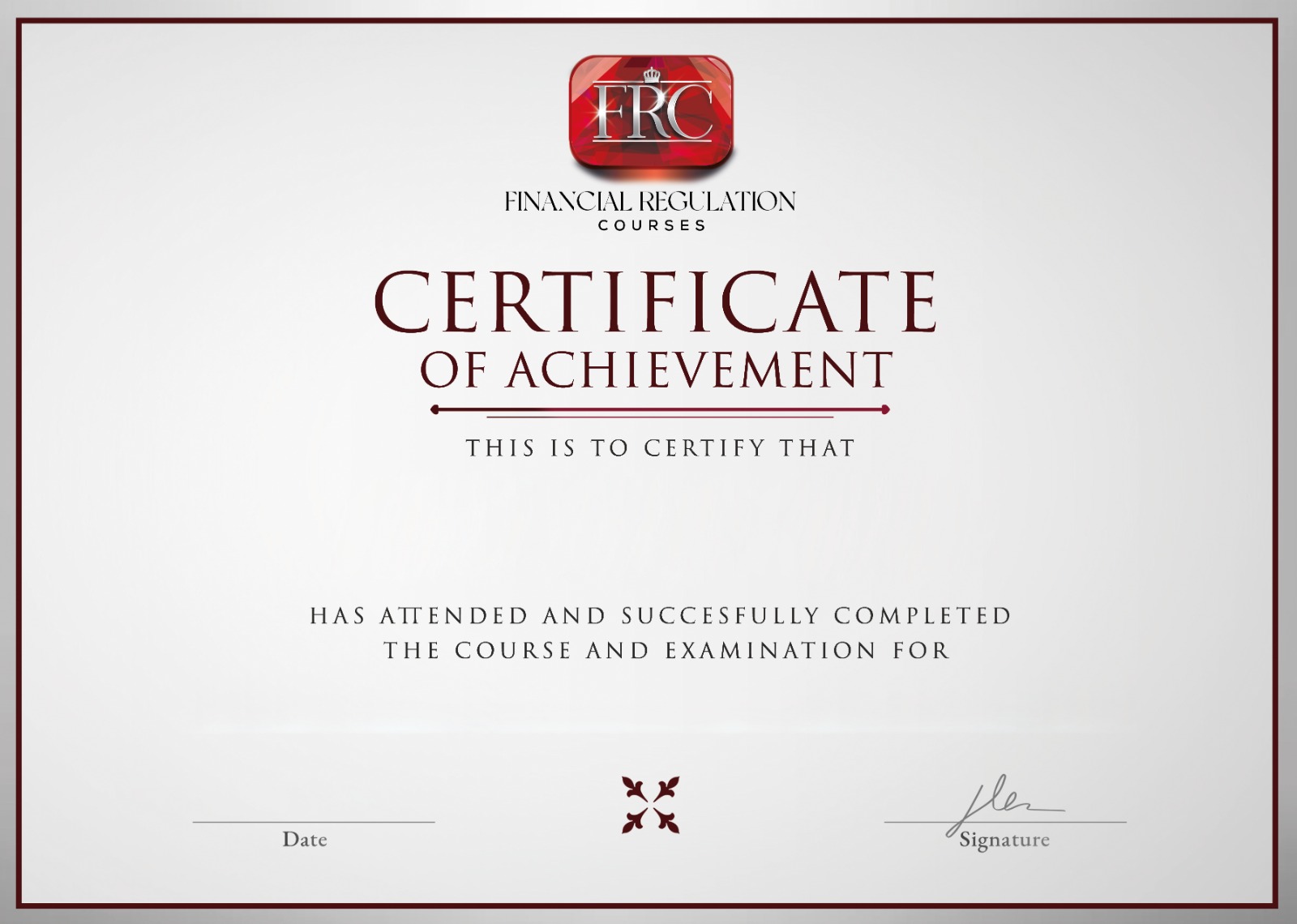Types of Investment Product
Financial Regulation Courses (FRC)
Overview
The Types of Investment Product course, offered by Financial Regulation Courses (FRC), provides a detailed analysis of the various investment vehicles available to investors.
The course covers collective investment schemes, including both open-ended and closed-ended funds, real estate investment trusts (REITs), exchange-traded funds (ETFs), and offshore funds.
Learners will also explore the tax treatment of these products, understanding the different structures and regulations that govern them.
Additionally, the course highlights the risks and rewards associated with each investment type, providing learners with the knowledge needed to make informed decisions for themselves or their clients.
Learning Objectives
By the end of this course, learners will:
- Understand the types and structures of collective investment schemes (open-ended and closed-ended funds).
- Learn the characteristics of real estate investment trusts (REITs) and how they operate.
- Gain knowledge about exchange-traded funds (ETFs) and their role in portfolio diversification.
- Understand the tax implications of investing in various funds, including offshore and onshore products.
- Explore the risks and benefits of unit trusts, investment companies, and other structured products.
- Comprehend the significance of fund pricing and charges, such as initial, annual, and exit fees.
- Learn about the regulatory framework that governs different investment products, including the UK and EU regulations.
Learning Outcomes
Upon successful completion of the course, learners will:
- Be able to select and evaluate appropriate investment products based on their structure and characteristics.
- Confidently assess the tax implications of different investment products and apply this knowledge in decision-making.
- Understand how to utilise collective investment schemes to manage risk and diversify a portfolio.
- Analyse and compare the fees and pricing structures of various investment products.
- Implement strategies involving open-ended and closed-ended funds, REITs, and ETFs in investment planning.
- Understand the impact of regulatory changes on investment products and adjust strategies accordingly.








